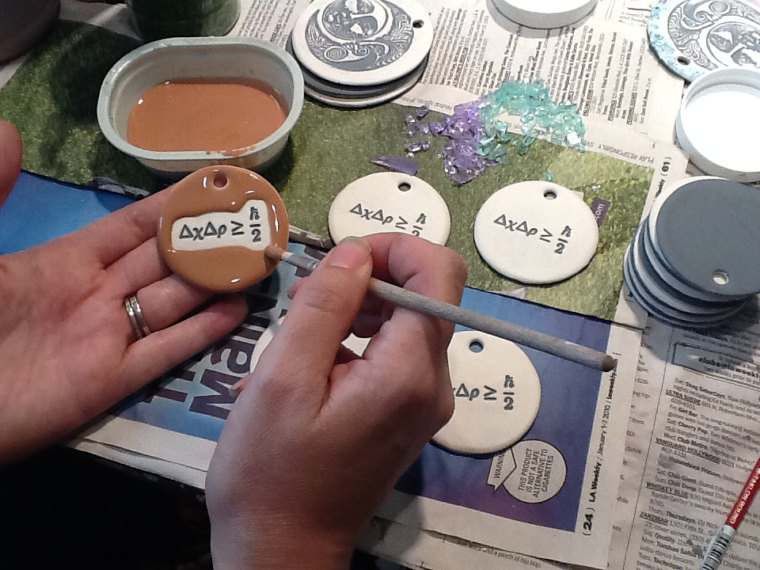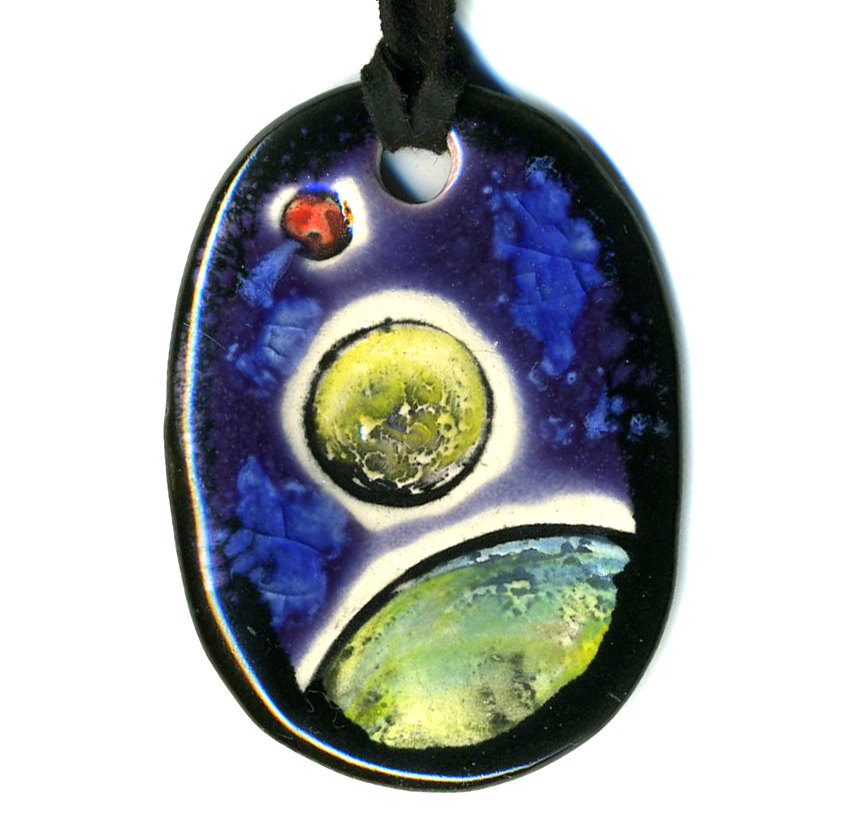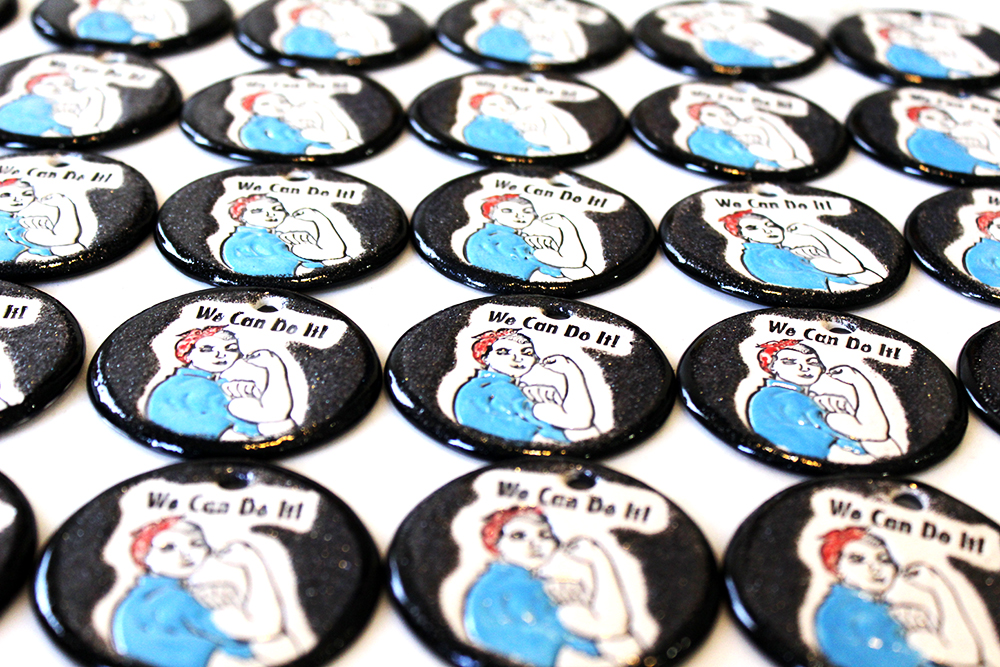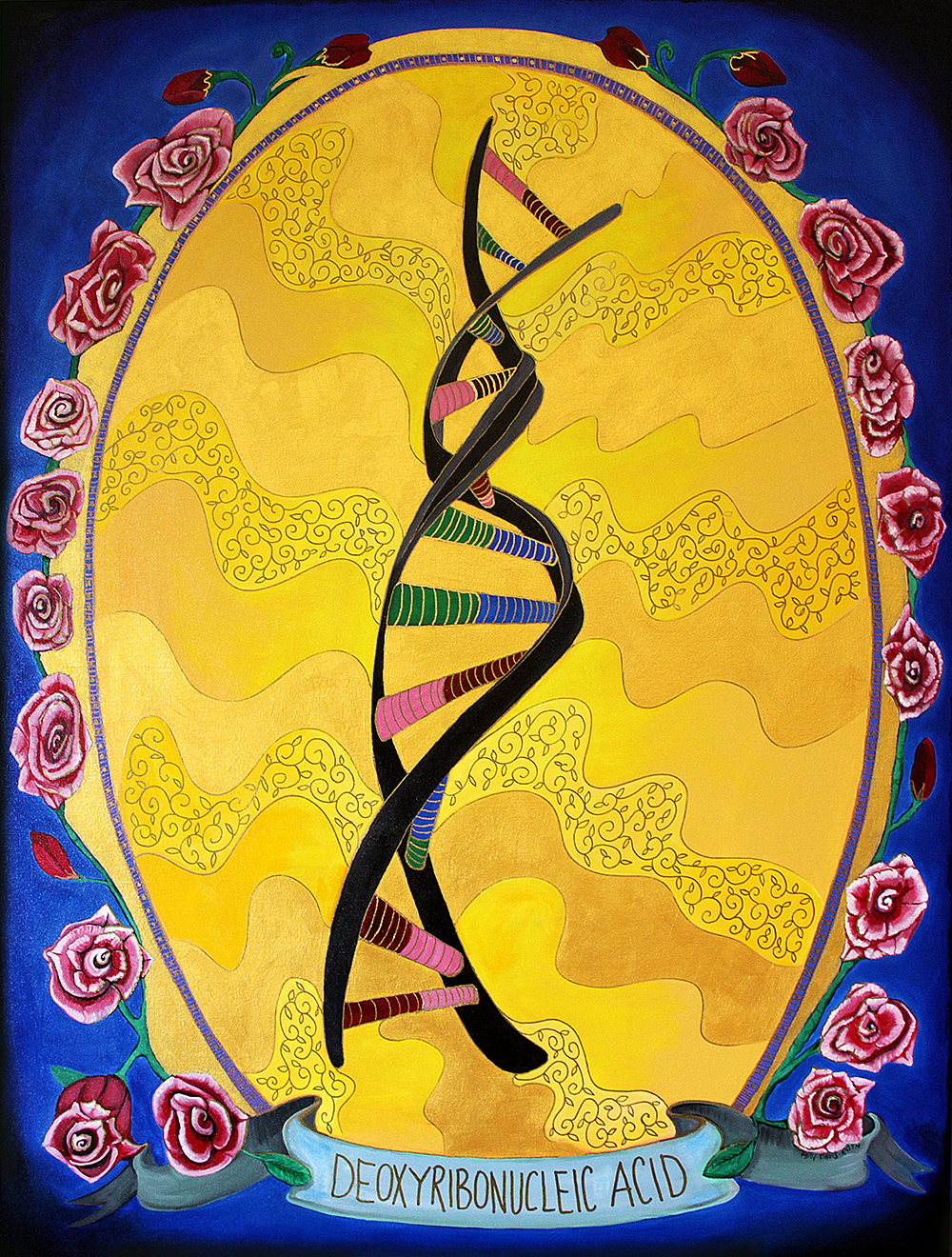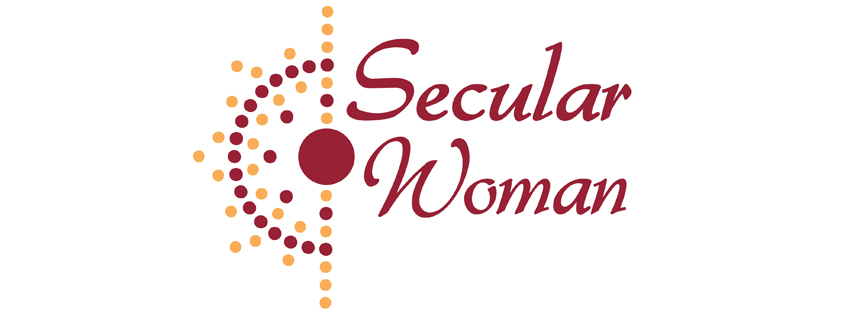We can hardly believe it, but Secular Woman is celebrating its two year anniversary today! Over the past two years we’ve been lucky enough to establish a wonderful and supportive member base who continually remind us of what secular women can accomplish and why Secular Woman was founded in the first place – so that secular women could have a dedicated voice.
Over the past two years, we’ve been privileged to be able to take part in many actions that support secular women. This year we participated in Free Thought Blog’s online conference by running a track of panels on topics from sexual harassment and the law to religion and homeschooling. We’ve organized and taken part in numerous twitter chats to provide a space for and encourage women to talk about issues of importance to them. Among our favorite recent chats are Secular Mental Health (#SecularMH) – where we focused on dealing with mental health without religion, Women’s History Month (#HerStoryNow) – which focused on current women’s accomplishments, and our co-sponsorship of Stop Street Harassment – where we led a chat on harassment at conferences.
This year we also began supporting Rebecca Watson’s Patreon video project, where she makes hilarious videos on science, feminism, and skepticism. And we are a sponsor of the secular magazine The Celestial Teapot. Most recently, we are proud to support a new LA Women’s Atheist Group started by Amy Roth, whose purpose is to foster a safe/supportive space for atheist/agnostic women.
We are very proud of the projects developed over the last year, such as @AbortTheocracy – a project created to advocate for reproductive rights and fight against theocratic encroachment and the campaign aimed at ending stigma over abortion that @AbortTheocracy began running in the summer of last year, our ShameLESS campaign. Also, as part of @AbortTheocracy we’ve participated in Teen Pregnancy Prevention Month.
We’ve voiced our support for women in other ways as well. In February, Secular Woman, under @AbortTheocracy, signed on to the National Women’s Law Center’s amicus brief in Sebelius v. Hobby Lobby and Conestoga Wood Specialties Corp. v. Sebelius. And last fall Secular Woman members spearheaded a petition to the Southern Poverty Law Center urging them to list Gender Identity Watch (a group that targets trans people for harassment) as a hate group.
We are excited to begin our third year working to amplify the voices of secular women and the issues important to them. Our focus this year is on advocating for the bodily autonomy of women and providing ways for women to better connect with one another.
Thank you to our members and supporters for another wonderful year!
Sincerely,
The Secular Woman Board of Directors
Kim, Elsa, Becca, Brandon, Nicole, and Monette
###
Secular Woman is an educational non-profit organization whose mission is to amplify the voice, presence, and influence of non-religious women. For more information about Secular Woman visit: www.SecularWoman.org.
@AbortTheocracy is a project focused on the intersection of religious power over women’s bodily autonomy and sovereignty, dedicated to terminating that connection by opposing religious influence in government.

